Amidst the rising cases of cancer around the world, Dr. Bhawna Sirohi stands at the forefront of a significant initiative aimed at understanding and combating this pervasive disease. As the Medical Director at Vedanta Medical Research Foundation's BALCO Medical Centre and Lead Principal Investigator for the PROSPECT-India study, Dr. Sirohi's recent success in securing the Cancer Grand Challenges Award marks a pivotal moment in the fight against cancer.
In this interview with TheCSRUniverse, Dr. Sirohi discusses her team’s work which is focused on unraveling the complexities of colorectal cancer among younger individuals. Their aim is to comprehend and address the factors contributing to early-onset colorectal cancer, leveraging a disruptive approach that spans cells, individuals, and populations. Backed by a substantial $25 million grant from the Cancer Grand Challenges Award, Team PROSPECT's research seeks to uncover the mechanisms linking lifetime exposures to early-onset colorectal cancer, ultimately striving to develop innovative strategies for its prevention and treatment.
Read the full interview for valuable insights from this illuminating conversation:
Q. Congratulations on winning the Cancer Grand Challenges Award! As the lead principal investigator for India, could you share some insights on your team’s proposed work on early onset cancers and what aspects helped it stand out from other teams in the category?
A. Thank you. Incidence of cancer especially in individuals younger than 50 years is rising globally. In India, the incidence of infection related cancers like cervix and stomach is going down (possibly due to Swachh Bharat Abhiyan), though lifestyle related cancers like colorectal and breast cancers are rising. The research aims to focus on younger individuals (less than 50 yrs of age) with colorectal cancer defined as Early-onset colorectal cancer (EOCRC). Team PROSPECT aims to address this challenge by understanding the pathways, risk factors, and causative factors involved in the development of the disease. Our vision is to understand and ultimately try to reverse the network of causal factors throughout the life course that disrupts normal biological processes to promote early-onset colorectal cancer.
PROSPECT will employ a disruptive, trans-disciplinary approach spanning cells, individuals, and populations to uncover the mechanisms linking lifetime exposures to EOCRC, and test new strategies to combat this cancer type. The uniqueness of the team lies in its broad representation from across the globe with researchers from India, Europe, US and UK trying to work together for the next 5 years to find answers to lot of questions related to EOCRC. Each of our cohort resources is unique and collectively represents the most diverse and dynamic consortium to date.
Q. Early-onset colorectal cancer is becoming increasingly prevalent, especially among younger individuals. What factors do you believe are contributing to this rise, and how can PROSPECT’s work help in understanding and combating this particular trend?
A. There has been an alarming rise in the number of cases diagnosed in people under 50 years of age in multiple countries across the world. Research suggests that this risk is increasing with each new generation and is likely linked to exposures in early life and throughout an individual’s lifetime that are specific to their birth cohort.
Although progress has been made in understanding some of the factors associated with increased risk of EOCRC, such as obesity, sedentary behaviours and poor diet, many unanswered questions remain about the mechanisms responsible for the rise in cases.
The team has three overarching objectives for tackling this challenge:
1. Identify the risk factors associated with EOCRC
We will leverage prospective data from more than 15 diverse human cohorts and look at exposure to known risk factors (such as obesity and poor diet) and novel risk factors (including environmental and social factors), as well as features of the microbiome that could contribute to EOCRC. These exposures are collectively known as the exposome.
2. Characterise the underlying mechanisms of causal risk factors
The population data that we collect will feed into research to understand how the identified risk factors cause biological changes that increase susceptibility to, or drive the progression of, EOCRC. Insights and hypothesis from human data will be tested in innovative animal models and in vitro organoid models. By integrating population-based and experimental studies, we also hope to identify at which life stage the risk factors begin to play a role in the development of EOCRC.
3. Develop precision prevention strategies
PROSPECT’s ultimate goal is to identify ways to prevent the development of EOCRC. The team will set up two types of trials: precision prevention trials (in the US and UK) to explore if treating young adults, with an increased risk of EOCRC. with anti-obesity drugs or dietary interventions can interfere with the molecular pathways linked with increased risk; and community risk assessment trials (in the UK and India) to determine whether knowing EOCRC risk influences people’s motivation to adapt their lifestyles or undergo screening to reduce or prevent this risk.
Q. Cancer Grand Challenges Award comes with a significant funding of $25 million. How have you and your team members planned to utilize this funding to advance your research and improve patient outcomes?
A. A detailed proposal has been submitted to CRUK/NIH team on the use of funds between the teams over a period of 5 years. For us in India, the funds will be utilised in a community-based screening trial for EOCRC. The trial will help us understand if the risk assessment for EOCRC increase motivation among young adults with varying risk factor profiles, in low-middle-income countries such as India, to participate in a CRC screening program. The study will be conducted in Chhattisgarh and Kerala.
Q. As the Medical Director at Vedanta Medical Research Foundation, how do you foresee the integration of your work with PROSPECT into the institution's approach to cancer care?
A. Colorectal cancer is rapidly increasing in India, particularly among younger individuals, with reasons still unclear. To address this, we applied for a grant alongside 8 global teams. Our focus will be on understanding why so many young people in states like Chhattisgarh and Kerala are developing colorectal cancer, investigating factors such as the stool micro biome and metabolomics.
At Vedanta’s BALCO Medical Centre, we have always emphasized regular screening to promote early detection, which leads to better treatment outcomes and is cost-effective. This grant will accelerate global cancer research, specifically targeting the rise in early-onset colorectal cancer and developing prevention strategies globally. We are already conducting screening camps in Chhattisgarh. The study will integrate colorectal cancer screening with a stool-based testalong with screening that is already being done for breast, cervix, head & neck cancers.
Q. With your experience both in India and the UK, how do you perceive the differences in cancer care and research approaches between these two countries, and what lessons can be learned from each?
A. With two decades of experience in the UK and another decade here in India, I find that cancer care is delivered at an exemplary level in both the countries and there are challenges in both the countries. However, there are notable differences in approaches. In the UK, where universal health coverage (UHC) ensures every patient receives optimal treatment, the system boasts transparency, accountability, and adherence to guidelines at every level of care, but the key challenge is long waiting lists and overburdened system. My key learning from the UK system has been transparency at all levels of healthcare, patient centric approach and benchmarking one’s own results against national & international standards to improve outcomes for patients.
In contrast, India faces challenges due to the absence of universal health coverage, resulting in uneven access to care and a lack of peer review mechanisms. However, India has a robust system in place with Panchayats and Gram Pradhans at the grassroots level and with proper coordination, these structures can be effectively utilized. Also, Pradhan Mantri Jan Arogya Yojana (PM-JAY) is delivering UHC in India though the uptake is not uniform yet this is an excellent start to delivering UHC to everyone in India.
Through initiatives like incentivized training sessions especially for grassroots workforce like Anganwadi workers, ASHA, Mitanin, Sakhis, AYUSH doctors, primary care doctors, we can empower people locally to conduct early cancer screenings and educate communities about the signs of cancer. This approach not only increases awareness but also facilitates early diagnosis, ultimately improving outcomes.
Q. What role do you see corporate entities playing in supporting cancer research and prevention initiatives, and how can their involvement be effectively coordinated with the efforts of healthcare professionals?
A. Successful and large-scale social change requires collaboration with like-minded organizations. In India, the CSR mandate has facilitated corporate engagement in the healthcare sector, bringing about numerous benefits for the rural population. These projects should focus on long-term development by strengthening infrastructure and addressing fundamental healthcare verticals, viz, skill development, education, nutrition, and sanitation.
Secondly, corporates should collaborate with healthcare organisations toconduct free screening and immunization camps and health talks in workplaces, communities, residential societies, schools and universities to empower and educate the masses.
Q. Cancer treatment continues to be a very costly exercise. How can researchers, pharmaceutical companies and policymakers work towards making this treatment more affordable?
A. To reduce global and regional inequities in access to affordable and high-quality care, we need to rebalance our priorities in oncology and bring about paradigm shifts across various domains like education, research design and investment, policy, media and communication, and delivery of care. Engagement of all key stakeholders including the policymakers is the key to deliver on this.
It is important to focus on the following aspects:
- Universal Healthcare Coverage: A comprehensive health coverage system needs to be implemented that leaves no Indian behind in times of medical need. The PM-JAY (Ayushman Bharat) scheme is a massive effort towards this goal and if linked with publishing outcomes, it can make a huge difference in patients living longer with a better quality of life. The scheme is brilliant for those who previously did not receive any treatment at all and faced financial toxicity and catastrophic expenditure.
- Clear context-specific health policies: Given the vast geographical and demographic diversity of India, it is crucial that we recognize the need of local and context-specific health guidelines.
- Screening programs need to be systematically conducted in collaboration with community health workers: ASHA, Mitanin, Ayush Doctors in high potential age groups to diagnose cancers in the early stages.
- Transparent dialogue among clinicians, patients’ representatives, the pharma industry, and policymakers regarding the risks and benefits, enabling patients to make informed decisions. Additionally, ensuring accountability and accuracy in reporting outcomes to not only enhance quality and reduce costs but also define what truly matters.
- Researchers and pharmaceutical companies can help by not designing trials that do not make a difference to key outcomes that matter to patients. Involvement of well-informed patient is key at every step of the design of the clinical trial.
- Use of generics and biosimilars will help bring down the cost of drugs but globally we need to work towards how to provide access to the newer drugs like immunotherapy to every eligible patient.
Q. AI is expected to profoundly impact almost every field in the coming years. In what ways do you see AI and other advanced technologies being leveraged in cancer prevention, care and treatments?
A. AI is providing a growing impact to all scientific branches, including oncology and its related fields. Several areas of cancer care are expected to benefit from AI-related applications. AI could be used to analyse data from a variety of sources, such as electronic health records, genetic information, and environmental data, to predict an individual’s risk of developing cancer and to tailor prevention strategies accordingly. Similarly, through the use of AI algorithms in image analysis and radiology, oncology professionals can detect subtle nuances in medical images, leading to early cancer detection and accurate diagnoses. The possibilities are endless. This is already in use for diagnosing breast cancers via AI- reported mammograms. It also hold huge potential for radiotherapy planning, reporting of scans and pathology slides remotely though it cannot replace the human touch that every patient needs during their care.
Q. Given your extensive experience as an oncologist, what are the biggest fears or misconceptions around cancer that you have come across and how should we work towards raising awareness around these issues?
A. The list of myths and misconceptions is endless. The fear of being diagnosed with cancer and stigmatization is very much prevalent. Endorsing tobacco or alcohol products also has a part to play in creating these misconceptions amongst masses that is still largely unaware. Additionally, often people avoid being screened or treated because of superstitions or not giving importance to their health. Majority of cancer cases are still diagnosed or presented at advanced stages, resulting in increased treatment costs and poor outcomes.
We need to work towards destigmatising cancer. Even patients who are cured do not want to talk about it in case this has an effect on their social life or their children’s marriage prospects, etc.
To shift the needle from late to early-stage diagnosis, behavioural and mind-set change needs to be brought in. Education & training is key. Regular health awareness and screening camps in underserved areas of rural India, supported by governmental and non-governmental organizations, can help. Encouraging self-examination of the oral cavity and breast, along with menstrual hygiene, and clinical examinations by frontline workers, is essential.
Q. The crucial role of proper nutrition, exercise and stress management for optimum health is well acknowledged and understood. Could you shed some light on the relationship (causal or otherwise) between these factors and early onset cancers?
A. Nutrition, exercise, and stress management play an important role in reducing the risk of cancer and other chronic diseases, such as heart disease, strokes and diabetes. Research suggests that up to 50% of preventable cancers are a result of the food we eat. To prevent early onset cancers, I advocate focusing on the ABCs of wellness:
A: Avoid Alcohol and Tobacco
- Avoid tobacco in all forms, especially smokeless tobacco like Khaini and Zarda, paan masala, arecanut
- Minimise: sun exposure, long-term contraceptive pill use, Hormone Replacement Therapy (HRT)
B: Be Vaccinated and Aware
- Certain vaccines offer protection against cancer, such as the HPV vaccine (for cervix cancer) and Hepatitis B
- Be Breast Aware and encourage breastfeeding for at least 6 months
C: Calm and Compliance
- Stress management through yoga and meditation
- Attend screening tests at regular intervals as recommended by national and international guidelines
D: Diet which is balanced (Rich in Fruits and Vegetables)
- Limit saturated fat intake
- Prefer a balanced diet, enriched with colourful fruits, vegetables, protein
E: Exercise Regularly
- Engage in 35-45 minutes of daily exercise to maintain healthy body weight
- Muscle strengthening exercises to prevent muscle loss as we age
F: Family History
- Know your family history
- Consult a specialist if any doubts arise
S: Sleep/Screening
- Maintain a 2-hour gap between the last meal and bedtime
- Undergo routine health check-ups and screenings (Cervix: 3-5 yearly Pap smear/ HPV DNA; Breast: annual mammogram after 45yrs; Colon: stool faecal immunochemical test annually from age of 40yrs)
At Vedanta’s BALCO Medical Centre, we also conduct yoga and meditation workshops every week for our patients, caregivers, and staff. Additionally, patients undergoing chemotherapy are provided with high-protein nutritious diet to strengthen their healing process.
Q. Looking ahead, how do you see cancer prevention, care and treatment evolving in the next 3-5 years? Also, what outcomes do you envision from your own work (with team PROSPECT) in this period?
A. The management of cancer has evolved significantly over the past few years. We've already touched upon how AI stands to significantly impact cancer management. This progresses alongside advancements in immunotherapy, robotic surgeries, molecular oncology/ precision medicine and liquid biopsies, signal a holistic approach towards personalized, minimally invasive, and effective cancer treatment. We aim for shorter, smarter treatments with the focus being patient’s quality of life and increased cure rates.
In the next 3-5 years, the outcome from Team PROSPECT's efforts is likely to include:
Early Detection Methods: Development of innovative early detection methods based on identified pathways and molecules, will allowto identify at which life stage the risk factors begin to play a role in the development of EOCRC.
Improved Treatment Approaches: Insights into molecular pathways may lead to the development of targeted therapies for more effective treatment of early-stage colorectal cancers, improving patient outcomes and reducing treatment-related side effects.
Enhanced Screening Programs: Integration of novel biomarkers or genetic markers into existing screening programs, enabling more accurate identification of individuals at high risk for EOCRC.
Increased Awareness and Education: Dissemination of research findings to healthcare professionals and the public, raising awareness about EOCRC risk factors, symptoms, and the importance of early detection and preventive measures.




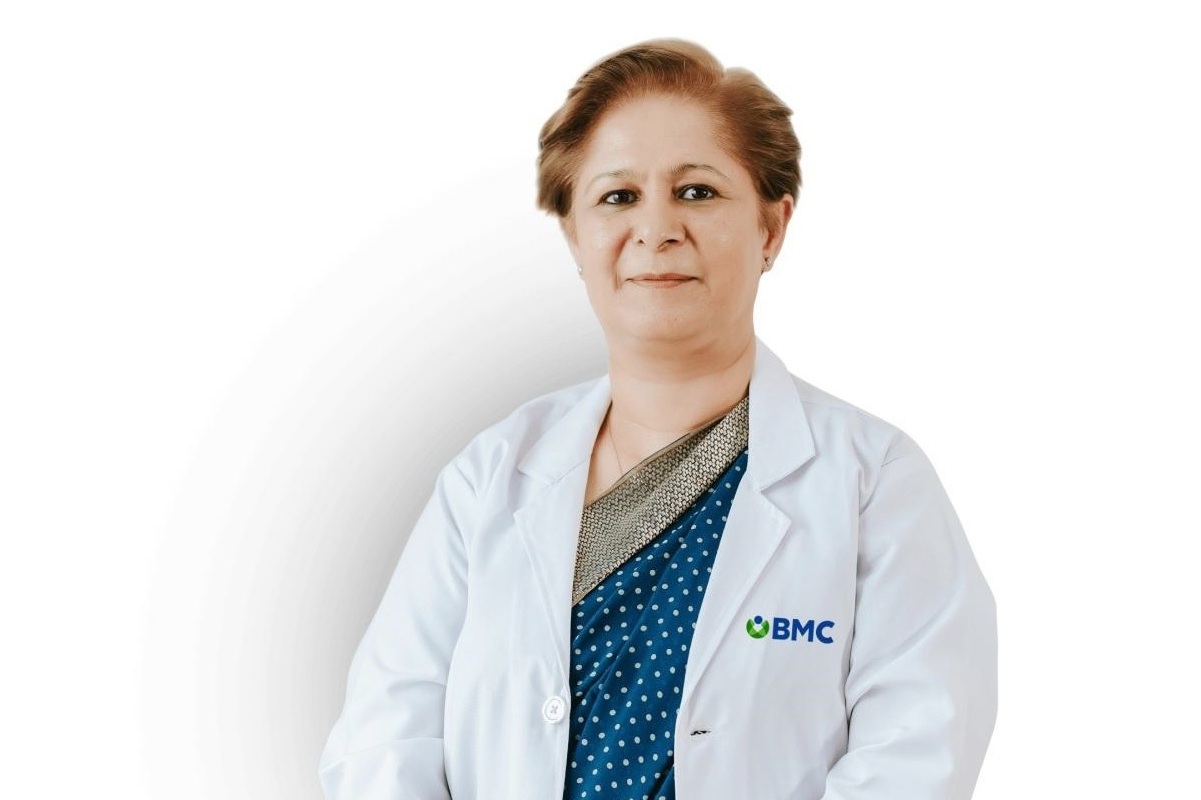




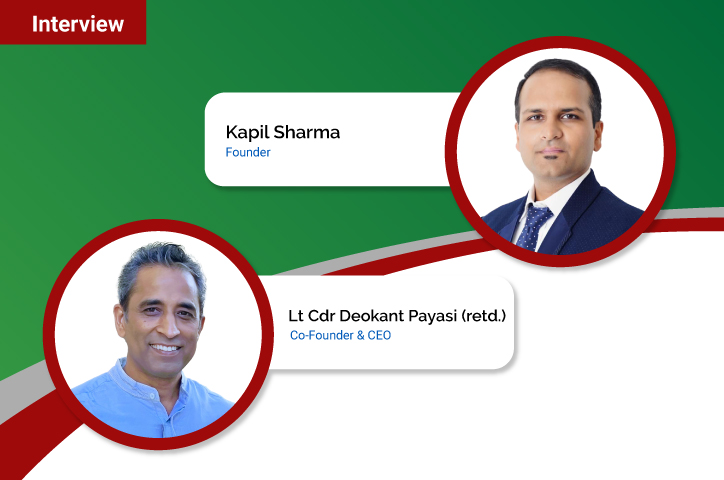
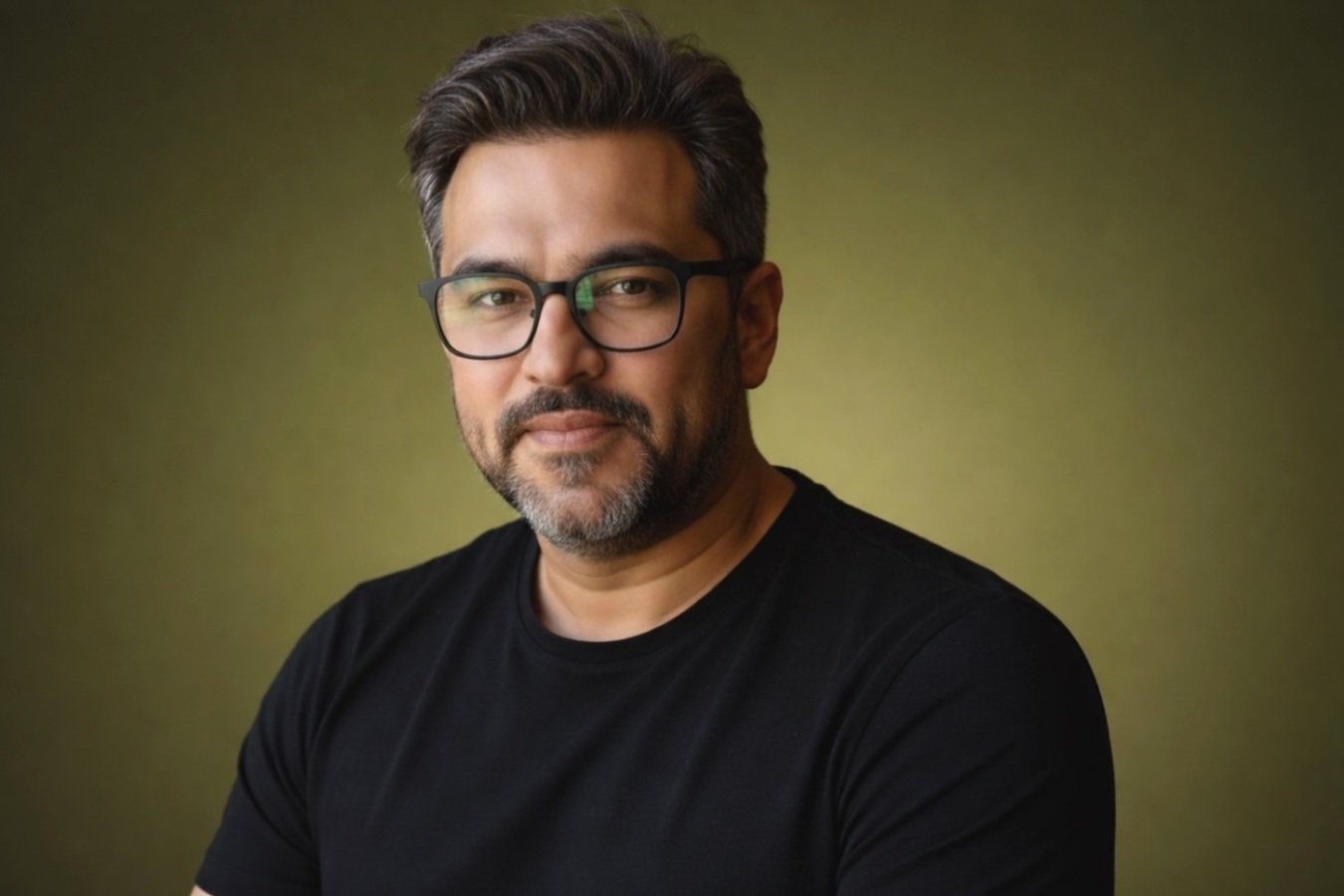
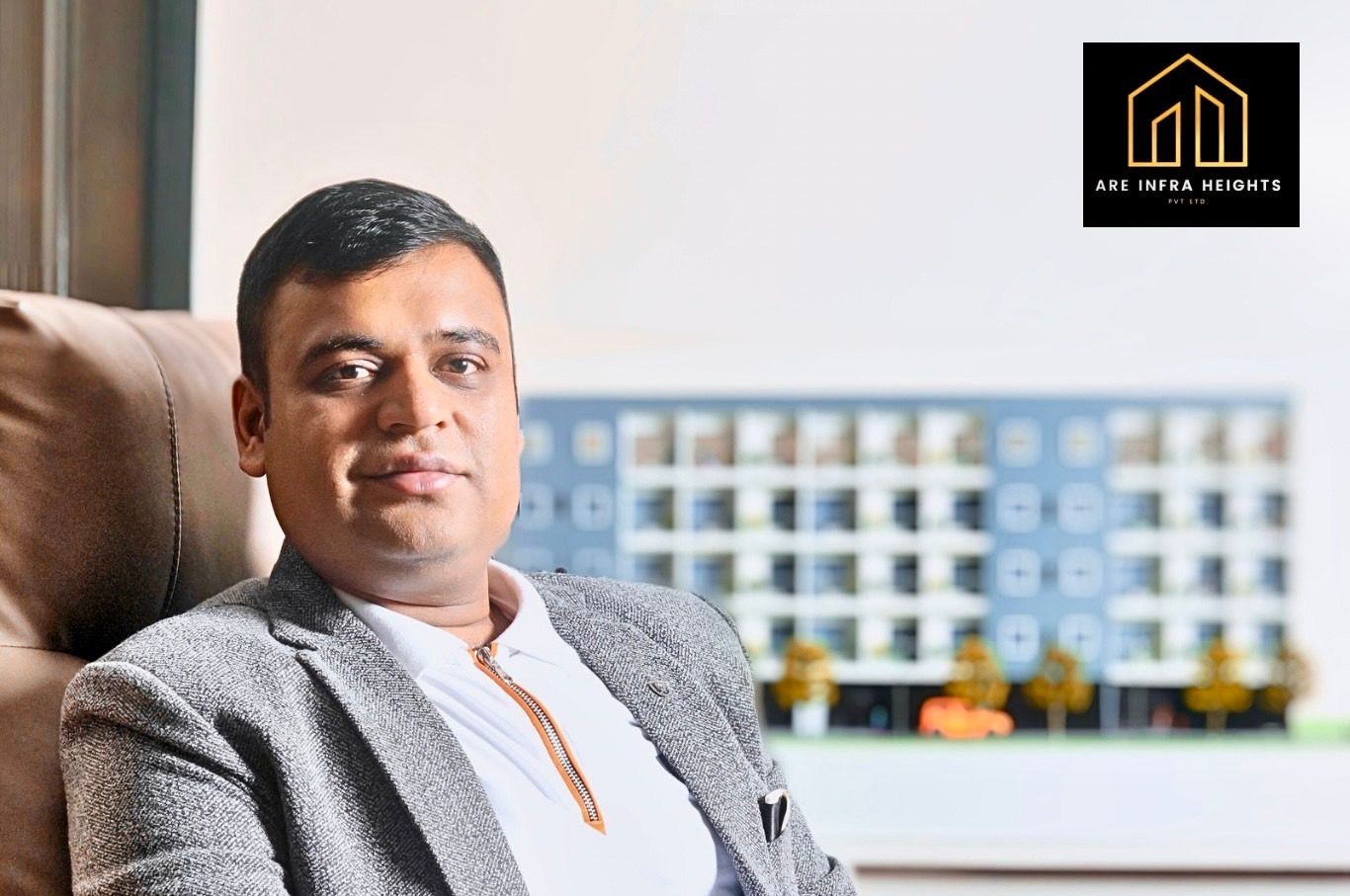
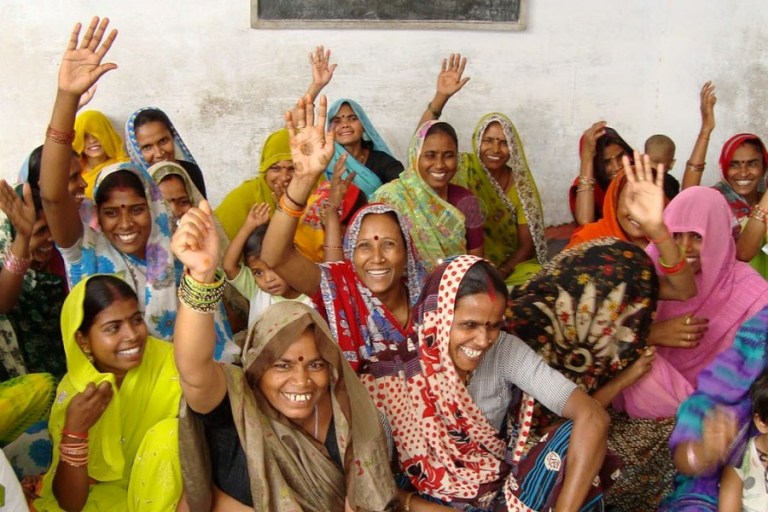
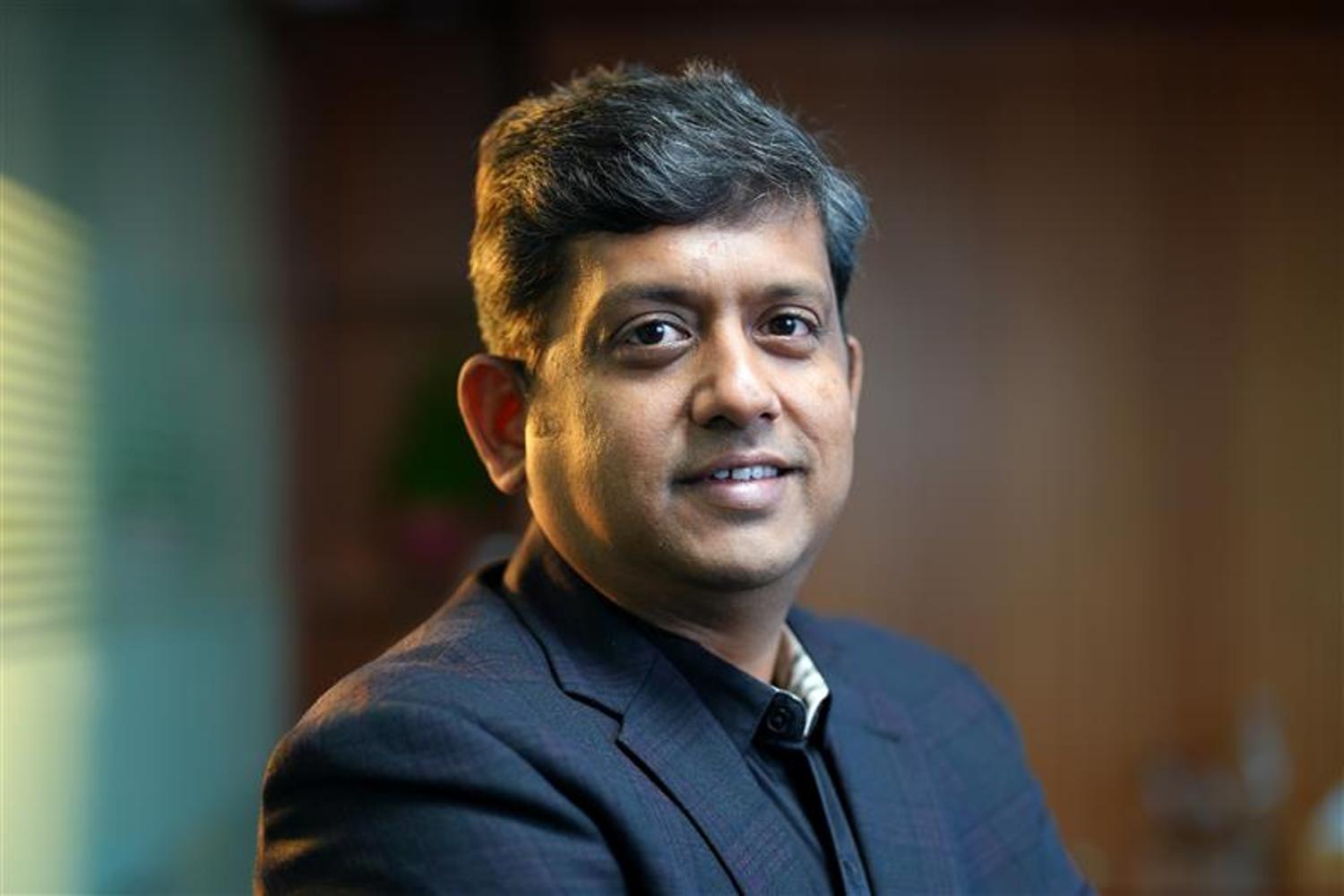



.jpg)



